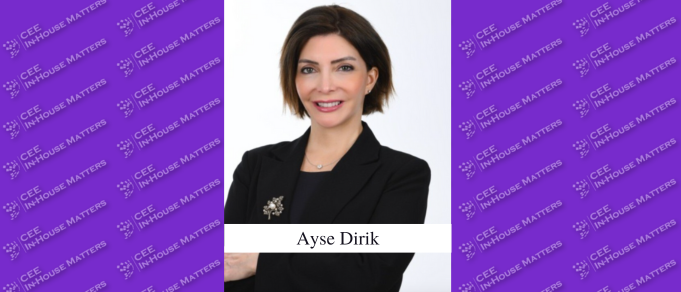The Ministry of Energy, taking into account regulatory experience as well as public feedback, has adjusted the emission limits for several particularly toxic air pollutants in factories, raising them to stricter levels in line with German standards, which are more stringent than the EU regulations.
CBAM Update: Draft Rules for Authorized Declarants and the CBAM Registry Unveiled
The European Commission recently launched the consultation phase on two essential draft regulations to strengthen the EU Carbon Border Adjustment Mechanism (CBAM) regulation’s operational structure. These include the draft Implementing Regulation for Authorized Declarants and creating a comprehensive CBAM registry. Stakeholders can submit feedback until November 28, 2024. These regulations clarify key aspects of the definitive CBAM implementation, set to begin on January 1, 2026.
New Croatian Lobbying Act: Key Takeaways for Companies
The Croatian Lobbying Act (Official Gazette 36/2024, the “Act”) entered into force on 1 October 2024, marking Croatia’s first comprehensive regulation of lobbying activities. The Act establishes significant new rules for lobbyists and companies alike, requiring compliance when interacting with public officials to advocate for business or organisational interests. This regulatory development represents a transformative shift in how entities engage with policymakers and will necessitate careful attention to adherence with these newly established standards.
New Waste Management Law of Montenegro – Key Changes for Producers and Retailers
The new Waste Management Law of Montenegro (“the Law”), which came into force on April 12, 2024, represents a step further towards harmonizing Montenegrin legislation with the acquis communautaire, namely key European Union (“EU”) directives in the area of waste management.
Katerina Schenkova Moves In-House as Regional Compliance Officer at Thyssenkrupp
Former Baker McKenzie Senior Associate Katerina Schenkova has joined Thyssenkrupp as its new Regional Compliance Officer.
Manufacturing of Batteries Will Be Subject to Environmental Impact Assessment
In the middle of July 2024, the Ministry of Energy announced that the Government will make it mandatory for manufacturers of batteries and their components, as well as battery waste managers, to carry out an environmental impact assessment procedure.
Navigating Hungary's ESG Reporting: Local Subsidiaries of Multinational Corporations in Focus
As of the 2024 financial year, companies in Hungary are facing new and stringent ESG (Environmental, Social, and Governance) reporting requirements under Act CVIII of 2023 (ESG Act). While large companies may already be familiar with the relevant EU directives (notably the CSRD and the CSDDD), the Hungarian regulations present unique challenges, especially for local subsidiaries of multinational corporations.






















